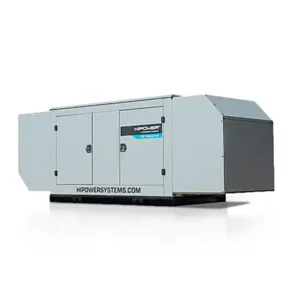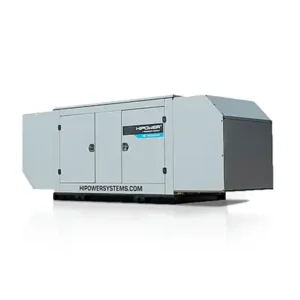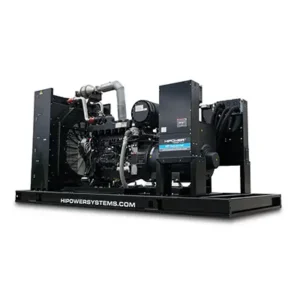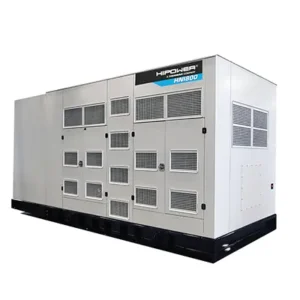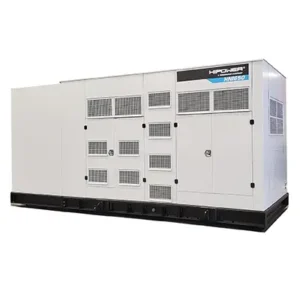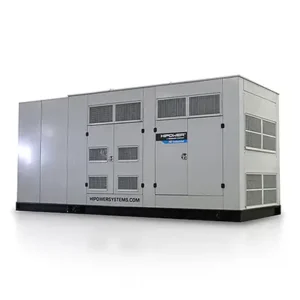
HiPower Standby/Backup Propane and Natural Gas Generators
Fuel-source reliability and environmental regulations are primary concerns and often reasons why organizations select HiPower backup propane and natural gas generators for standby power. Generators may go long periods of time without being run other than for testing, meaning long-term diesel storage is also a matter of interest.
These are significant considerations, making the choice of natural gas a necessity, and often a directive, for many firms. Natural gas is less expensive than diesel, although it generally takes much longer to recapture the cost differential for a standby HiPower backup propane and natural gas generator (as compared to diesel) than for a prime power unit.
- The availability of underground natural gas lines gives natural gas generators a reliable fuel supply if above-ground disasters strike. Having a continuous supply eliminates the need for fuel storage and scheduled deliveries. This enables natural gas backup generators to meet the rigorous guidelines of cities and other urban areas concerned with the possibility of fuel tank explosions.
- Standby natural gas generators can be interconnected with the utility grid through an automatic transfer switch. In the event of a power disruption, they can start automatically and then shut themselves off when power is restored. Some of these units can also test themselves automatically on a regularly scheduled basis.
- In urban areas, local or state governments may have enacted regulations prohibiting the use of diesel engines due to emissions concerns. Even though the current generation of diesel engines burns far cleaner than in previous years, natural gas is still considered a more environmentally friendly choice.
Common Filters
Product Applications
Select some options
Cooling System
Select some options
Watts
Select some options
kW
Select some options
Rated Amps
Select some options
Advanced Filters
Fuel Tank Size (gal)
Select some options
Fuel Tank Run Time (hrs)
Select some options
Frequency Hz
Select some options
Phase AC
Select some options
VA
Select some options
kVA
Select some options
Power Type
Select some options
Voltage VAC
Select some options
Voltage VDC
Select some options
Certification
Select some options
Enclosure Rating
Select some options
Housing
Select some options

